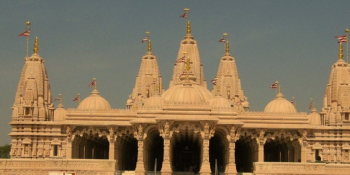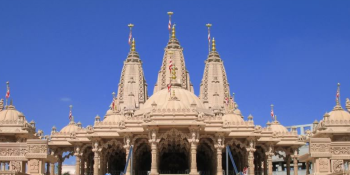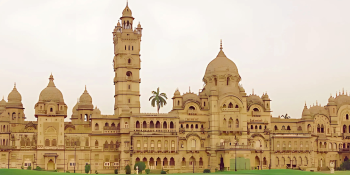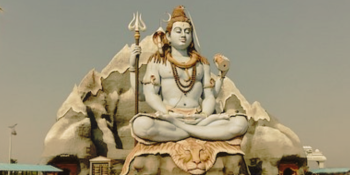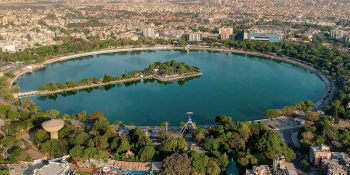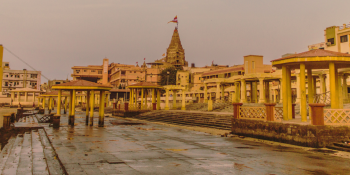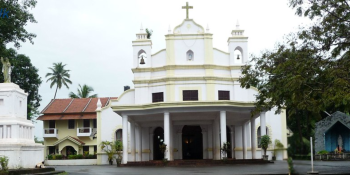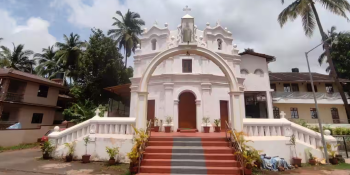The Nizamuddin Dargah in Delhi stands as a testament to the rich Sufi heritage that has thrived in the heart of India’s capital for centuries. Nestled within the bustling lanes of Nizamuddin West, this revered shrine is dedicated to the 14th-century Sufi saint, Hazrat Nizamuddin Auliya.
At the heart of the Dargah’s significance lies the spiritual legacy of Hazrat Nizamuddin Auliya, a towering figure in the Chishti Sufi order. His teachings emphasized love, compassion, and the pursuit of inner spiritual enlightenment, transcending the barriers of religion, caste, and creed. His message of inclusivity and devotion attracted disciples from all walks of life, leaving an indelible mark on the cultural landscape of Delhi.
The Nizamuddin Dargah serves as a vibrant center of Sufi mysticism, drawing pilgrims and seekers from across the globe. Its mystical atmosphere, heightened by the qawwalis (devotional songs) that resonate through its courtyards, captivates visitors and transports them into a realm of spiritual transcendence. The qawwali performances, held every Thursday evening, are a soul-stirring experience, invoking a sense of communion with the divine.
Beyond its spiritual significance, the Dargah is also a symbol of syncretism, embodying the harmonious coexistence of diverse religious traditions. Hindus, Muslims, Sikhs, and people of other faiths converge here, seeking solace and blessings from the saint. This interfaith harmony is exemplified by the tradition of offering chadar (cloth sheets) at the shrine, a practice observed by devotees of all religions as a gesture of reverence and devotion.
The Nizamuddin Dargah complex is not merely a site of worship but also a repository of history and culture. Its architecture, characterized by intricate marble lattice work and towering minarets, reflects the fusion of Mughal and Persian influences. The tomb of Hazrat Nizamuddin Auliya, adorned with marble and adorned with floral motifs, stands as a timeless monument to his spiritual legacy.
One cannot delve into the Sufi heritage of the Nizamuddin Dargah without mentioning the luminaries who have graced its precincts over the centuries. From Hazrat Amir Khusro, the legendary Sufi poet and disciple of Hazrat Nizamuddin Auliya, to renowned qawwals like Nusrat Fateh Ali Khan, the Dargah has been a magnet for artistic and intellectual luminaries seeking inspiration and divine grace.
However, the Nizamuddin Dargah is more than just a relic of the past; it is a living, breathing testament to the resilience of Sufism in the face of changing times. Despite the challenges of modernity, the Dargah continues to serve as a spiritual oasis, offering solace to the weary souls navigating the complexities of contemporary life.
In conclusion, the Nizamuddin Dargah stands as a beacon of Sufi heritage in Delhi, embodying the timeless values of love, compassion, and spiritual enlightenment. Its significance transcends religious boundaries, uniting seekers of all faiths in a shared quest for inner peace and divine grace. As long as its qawwalis echo through its hallowed halls, the legacy of Hazrat Nizamuddin Auliya will endure, inspiring generations to come.

